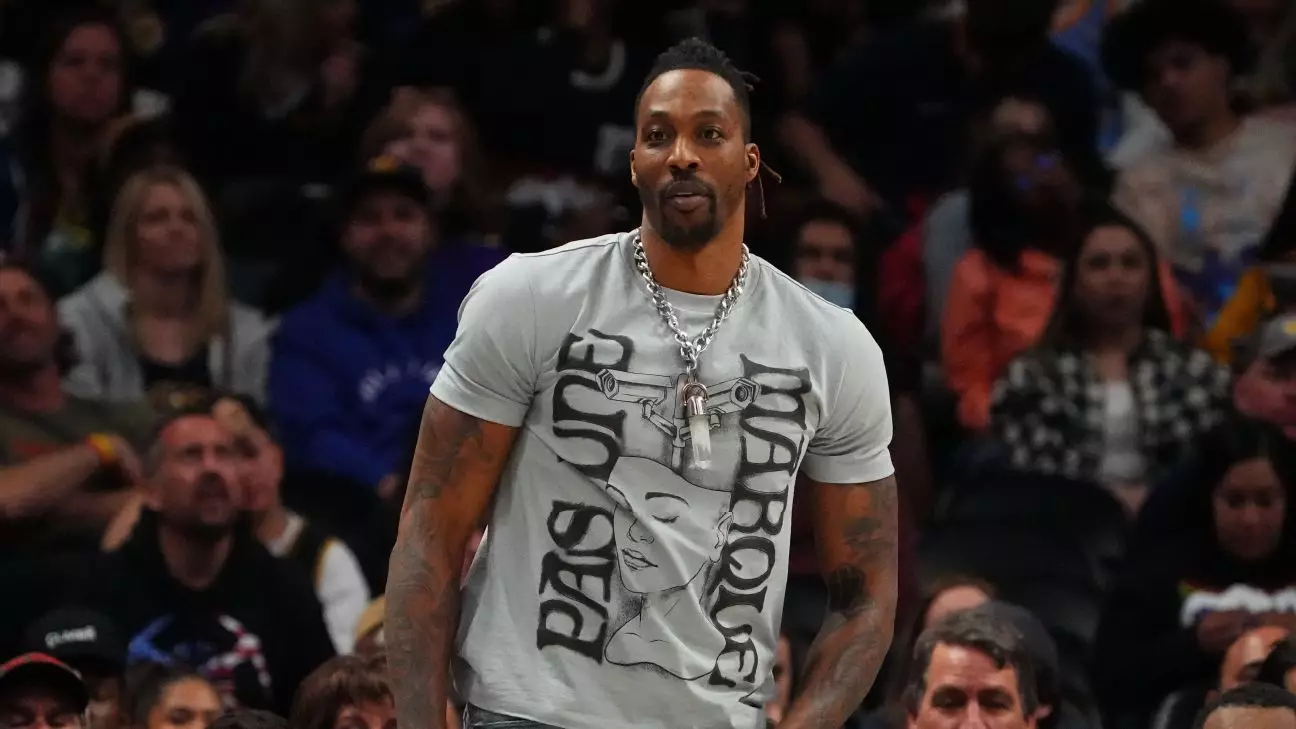Recently, the spotlight fell upon Calvin Darden Jr., a businessman from Georgia, who was convicted on multiple counts of fraud by a federal jury in Manhattan. The jury found him guilty on five significant counts, including bank fraud and money laundering, tied to a shocking scheme that defrauded prominent former NBA players Dwight Howard and Chandler Parsons. The total amount wrongfully extracted from these players was a staggering $8 million in 2021, highlighting how the allure of the financial world can lead even the most discerning individuals astray.
Darden’s case serves as a stark reminder of how essential due diligence is, especially for high-profile athletes, who often find themselves susceptible to opportunistic individuals in the financial sector. The ease with which he manipulated trust for personal gain raises questions about the responsibilities that agents and financial advisors have in protecting their clients.
The jury’s verdict comes in the wake of compelling evidence that demonstrated Darden’s blatant misuse of funds. Notably, former NBA agent Charles Briscoe, who also participated in the scheme, pleaded guilty last year, creating a web of deceit that entangled not only the victims but also the integrity of the financial advisory profession. During the trial, it was revealed that Howard had unwittingly transferred $7 million to Darden, believing it was an investment opportunity tied to the purchase of the WNBA team, the Atlanta Dream.
Meanwhile, Parsons was lured into a fraudulent investment concerning the career development of James Wiseman, reinforcing the theme that not all investment opportunities are sound—not even those that seem promising to seasoned professionals. The manipulation of trust, through which Darden exploited the naivety and aspirations of these athletes, leads to an examination of moral and ethical boundaries in financial dealings.
The repercussions for Darden are significant. The prosecution has indicated plans to seek a sentence of 11 to 14 years in prison, a reflection of the severity of his actions and his history, as he was previously convicted of a multimillion-dollar fraud scheme in 2016. The jury took only five hours to reach this verdict after a two-week trial, showcasing the overwhelming amount of evidence against him. This quick decision underscores the critical need for transparency and accountability within financial transactions.
Furthermore, Darden’s actions are part of a broader crackdown by the Southern District of New York on fraudulent schemes. Following in his footsteps, others involved in similar manipulations are also set to face scrutiny, as seen in the upcoming trial of former Morgan Stanley adviser Darryl Cohen, who is intertwined in a scheme that purportedly defrauded Boston Celtics star Jrue Holiday.
As the legal proceedings unfold, the case of Darden serves as a clarion call for athletes and high-net-worth individuals to exercise caution when entrusting their financial futures to others. This incident illuminates the need for proper vetting and a pragmatic approach to investments, underscoring that even established professionals require vigilance when navigating complex financial landscapes. Ultimately, it raises an essential conversation about the intersection of trust and oversight in financial dealings, reminding us all of the age-old adage: if it seems too good to be true, it just might be.


Leave a Reply